Dr. Joels attended medical school at the University of Kentucky College of Medicine in Lexington, Kentucky. He completed an internship and general surgery residency at Carolinas Medical Center in Charlotte, North Carolina. He then went on to complete fellowship training in vascular surgery at Greenville Hospital System University Medical Center in Greenville, South Carolina. He joined University Surgical Associates in 2008.
UNDERSTANDING VASCULAR CONDITIONS
The majority of
vascular surgery focuses on the treatment of two main problems that can occur in a person’s blood vessels: narrowing that develops from the build up of plaque or enlargement that develops from degeneration of the vessel wall and weakens it. This can occur with vessels in locations throughout the body including the neck, extremities, abdomen, and chest. When plaque builds up and causes narrowing blood flow maybe limited and can lead to stroke when this occurs in the arteries of the neck. It can also cause a decreased ability to walk, severe pain, or ulcers that won’t heal if it occurs in the legs. If the artery wall weakens and enlarges, aneurysms can develop and complications can occur like rupture or thrombosis (clotting off). The vascular surgeon’s job is to clean out blocked arteries when necessary and keep aneurysms from rupturing or clotting if they enlarge to a critical size.
“Both the narrowing or enlarging of the arteries are degenerative problems that have manifested in different ways. But what they have in common is a central cause in most patients – smoking,” Dr. Joels says. “Other risk factors also play a role including diabetes, kidney disease, high blood pressure, elevated cholesterol, family history, and ageing.”
As a general surgeon first, Dr. Joels liked learning about different surgical procedures and treating people with a wide range of health conditions. But his interest in how blood vessels worked throughout the body led him to specialize in vascular surgery. Specializing in vascular conditions allowed Dr. Joels to develop personal relationships with his patients that often extend many years after surgery.
“Vascular disease is chronic, and when it’s present in one area of the body it’s likely to show up in other areas as well,” Dr. Joels says. “I always say that vascular patients are patients for life. Most repairs need to be followed and tracked over the long term. Even if surgery isn’t necessary today – it could be down the road.”
When he’s not in surgery or seeing patients, Dr. Joels loves spending time with his wife, Kristen, a hospitalist at CHI Memorial Hospital – Chattanooga, and keeping up with theater performances and basketball games of his daughters Talia, 10, and Mathilda, 7.



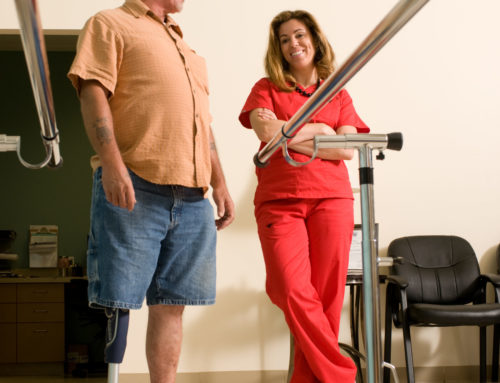
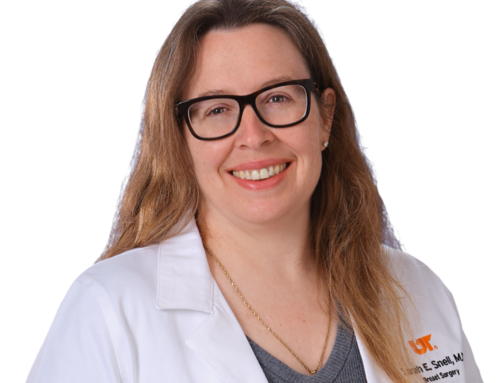
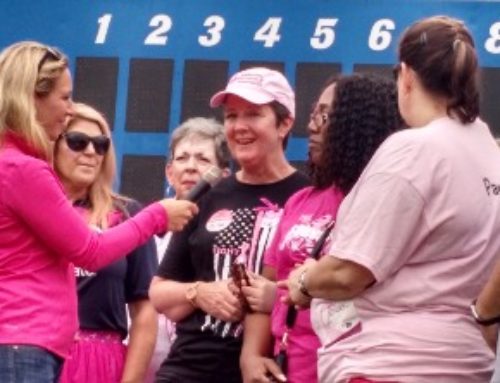
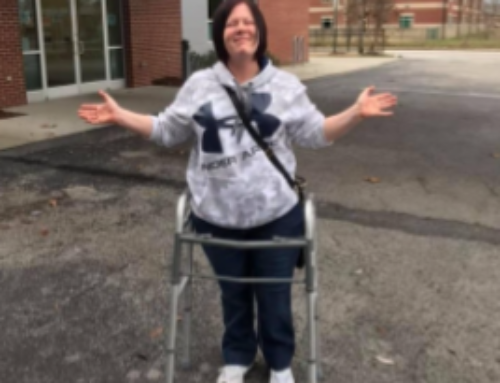
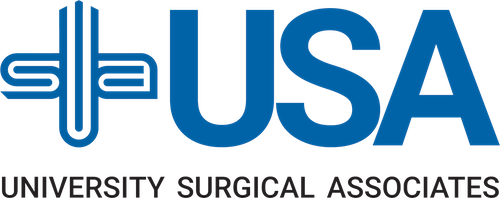
Leave A Comment